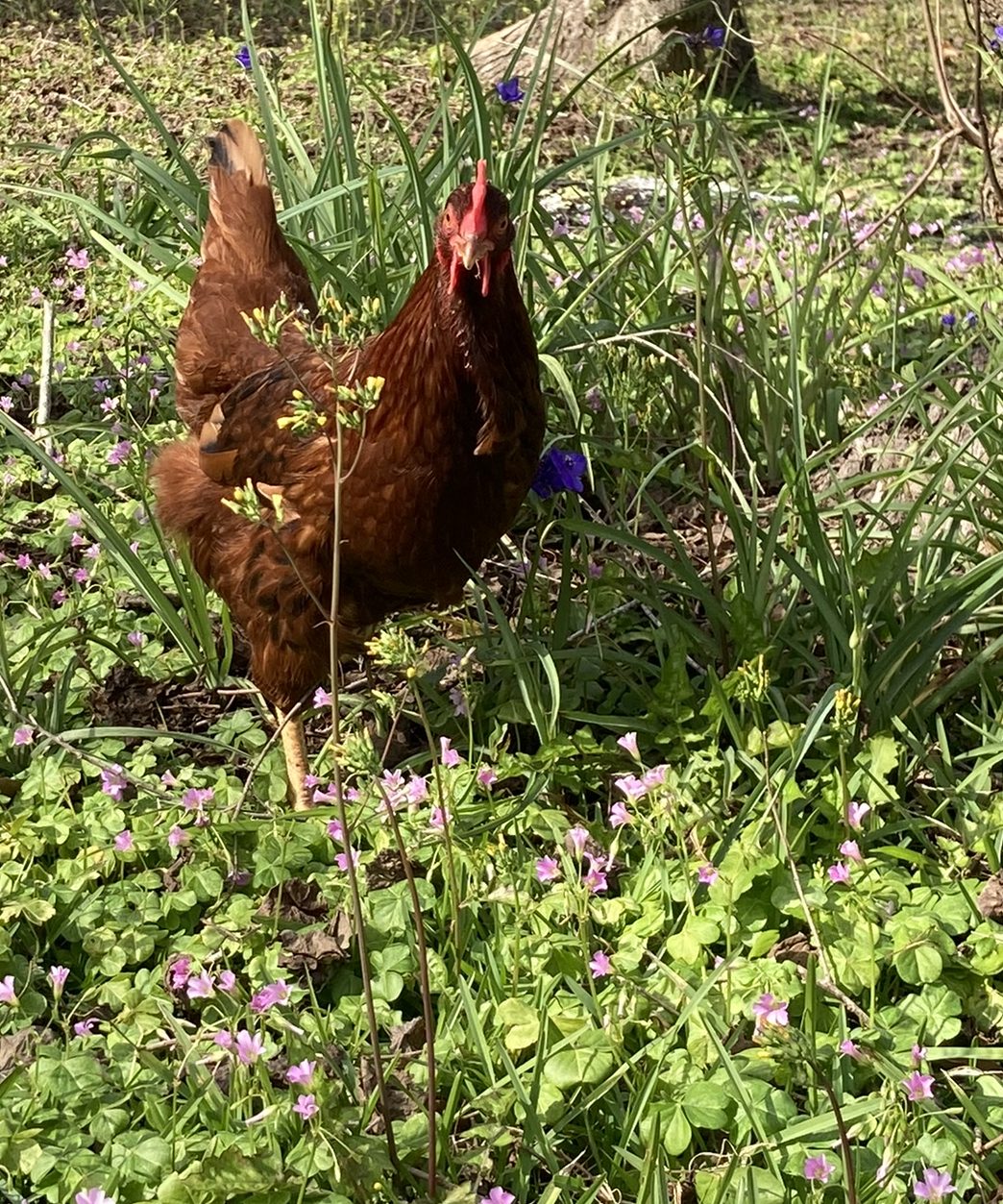Now that you have chickens, and they are ready to go outside into their coop – What kind of chicken coop do you need? You can spend as much or as little as your budget allows. While it is certainly true that chickens don’t need a mansion with automatic doors, prior to construction or purchase it is worth considering what makes a good chicken coop?
- Plenty of space for happy chickens
– - Good ventilation and lighting
– - Protection from the weather
– - Predator safe
– - Easy cleaning and maintenance
–
Space
When building your coop, it’s a good idea to consider the number of chickens you want to keep. Too many chickens can lead to overcrowding issues, diseases and parasites, and aggression, such as feather picking or fighting. The rule of thumb for normal-sized chickens is 3-4 square feet per bird in the coop.
- Roost—Chickens like to sleep off the ground on perches. This allows them to feel safe at night—high up, away from predators. The roost should be rounded and about 2 inches wide, so chickens can grip it easily. Also, make sure you have enough roost, so chickens are not crowded when roosting.
– - Nest boxes—These are typically three sides and a roof that are up off the ground. Provide several nest boxes even though they may lay in one nest box. You will need some kind of bedding in the nest box, such as straw, shavings, or hay. The bedding will need to be changed out regularly so it stays clean, dry, and parasite-free.
–
Ventilation and lightening
Good ventilation helps prevent respiratory problems in chickens. It also keeps the coop dry, thus reducing diseases. Coops need good airflow to help prevent the build-up of ammonia. Ammonia gas has an unpleasant smell and can be harmful to chickens. Good lighting helps with overall health. Chickens need sunlight for Vitamin D, which is important for bone development and egg production. Also, egg production is affected by the amount of daylight chickens receive. Chickens require 14 hours of daylight for consistent egg production.
–
Protection From Weather
Coops must be sturdy, with a solid roof and walls, to protect chickens from the year-round weather. A sloping roof is ideal for rain to run off instead of leaking into the coop. You want a roof with no holes or leaks to keep the coop and bedding dry. When building your coop, make sure it is on higher, well drained, ground so that it doesn’t flood and the ground dries quickly after a rain event.
–
Predator Safe
The main goal is to have a secure pen that predators can’t get in, especially at night. Use sturdy materials like hardware cloth. You want to ensure that you cover any openings. You also need to have a coop that prevents predators from digging under it to get in.
–
Cleaning and Maintenance
Buy or build a coop that is easy for you to clean. Regular coop cleaning ensures healthy, happy chickens; it also helps reduce parasites and diseases. Coops should be tall enough for you to walk in, removable nest boxes or trays and roost for easy cleaning.
Whether you buy or build your chicken coop. By taking these tips into consideration, you can create a safe, ventilated, comfortable coop for your chickens to thrive in. Also, by keeping up with the maintenance and regular cleaning, your coop will be a healthy, happy home for your chickens for many years.
–
This article is written in collaboration with Jewelynn Owens, a Lead for America Fellow, hosted in the UF/IFAS Extension Holmes County Office.
- Public Meeting on Agricultural Inspection and Livestock Transportation Laws in the Florida Panhandle – POSTPONED - January 23, 2026
- Big Doe Contest Returns for 2025: A Growing Thanksgiving Tradition - November 14, 2025
- UF/IFAS Extension Panhandle Cattlemen’s College Announces Scholarship Opportunity for Florida Youth – Application Deadline September 15 - August 29, 2025


